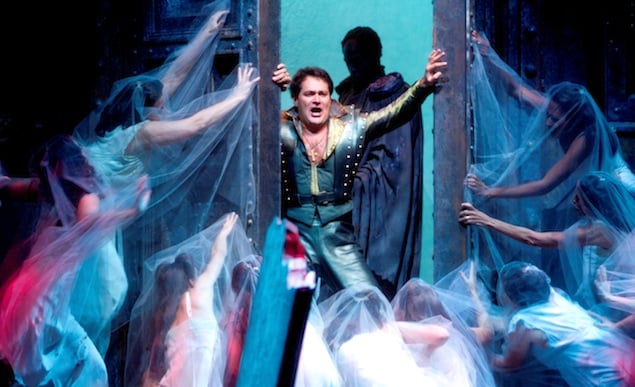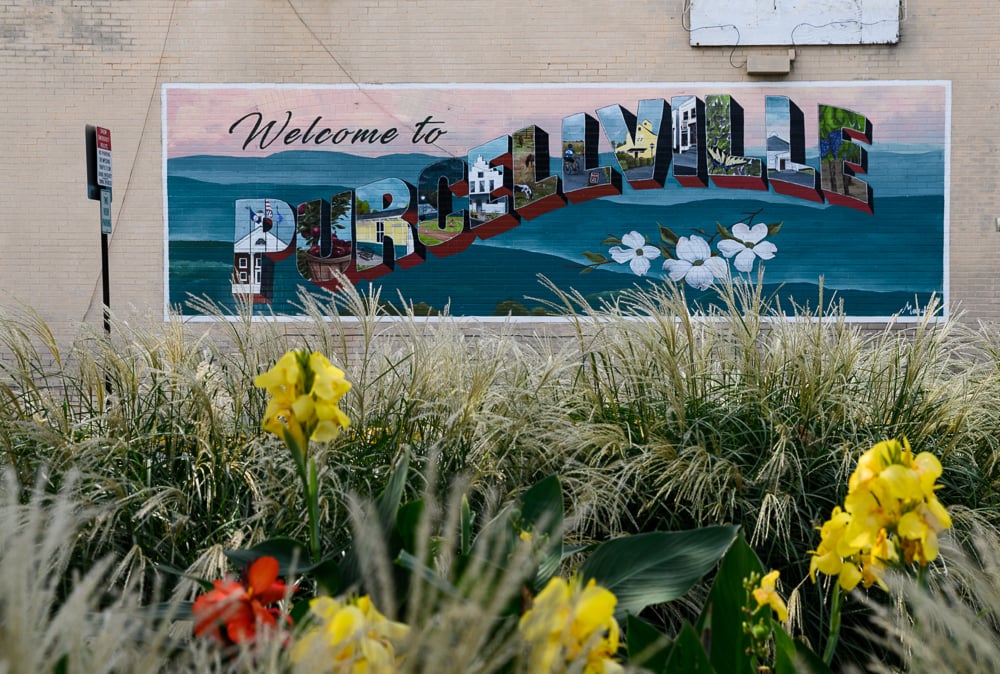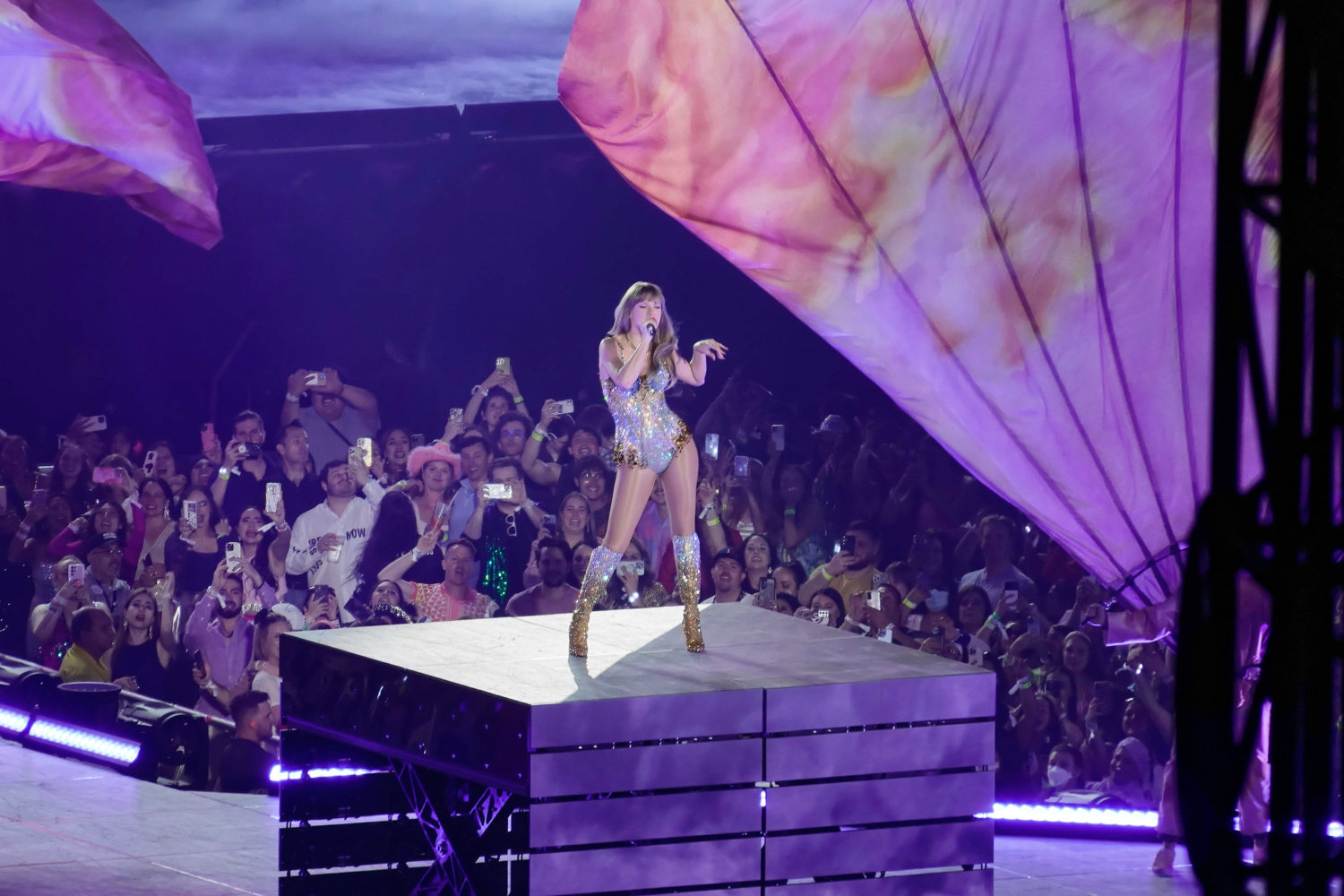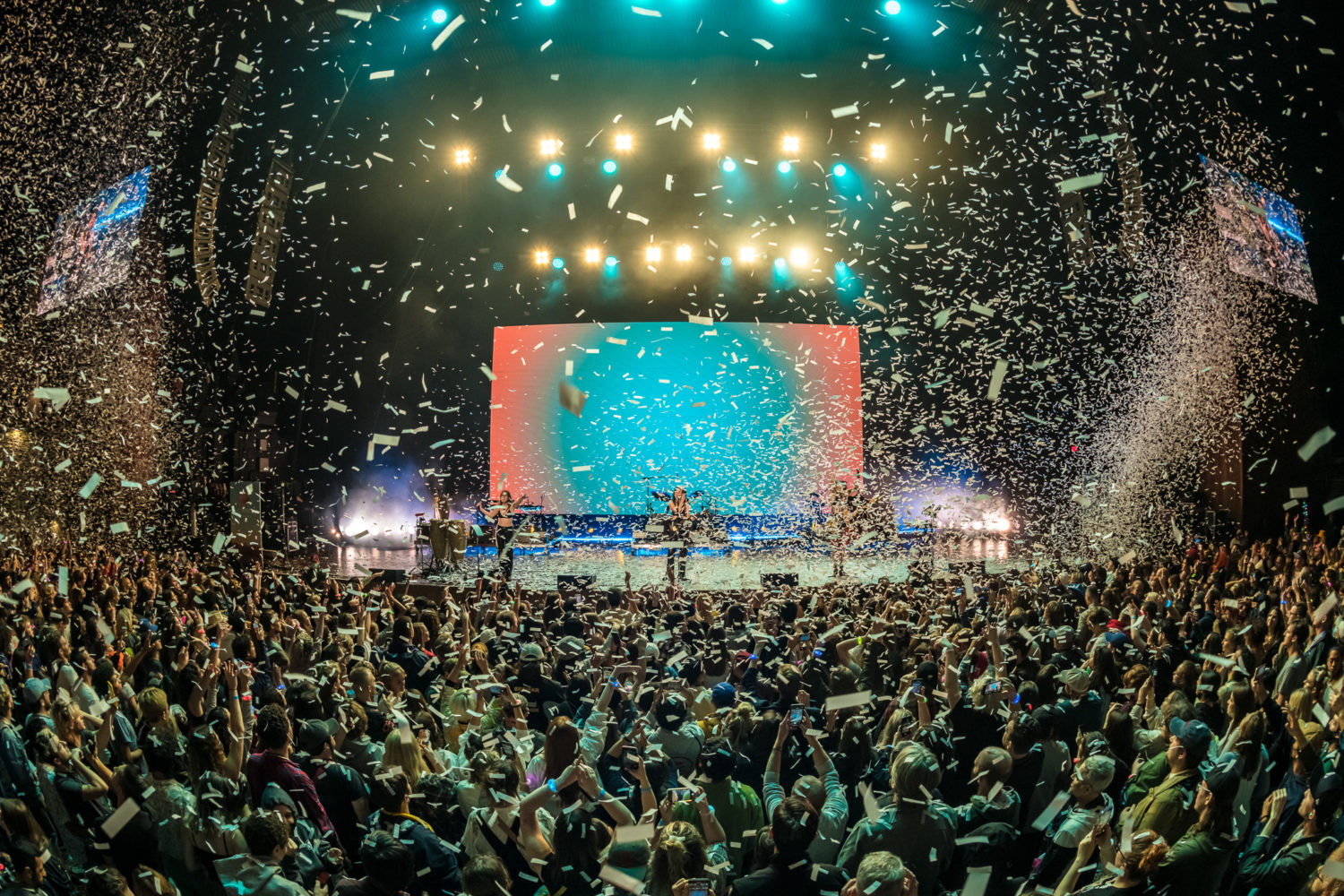“The three finest things God ever made,” wrote Gustave Flaubert in 1846, “are the
sea,
Hamlet, and Mozart’s
Don Giovanni.” Less pithy but no less ardent about
Don Giovanni’s canonic status was another Frenchman, the composer Charles Gounod, who described
the opera as “a luminous apparition, a kind of revelatory vision” that embraced “the
beautiful and the terrible,” combining “truth of expression” and “perfect beauty.”
This was a work of art, Gounod believed, “to which the centuries must pay homage.”
It is, to be sure, the most perfect fusion of tragedy and comedy in all of opera,
though this duality—evident right from the overture, shifting suddenly from a dark,
formidable D minor to a bright and spritely D major—suggests a few interpretive possibilities.
Do you approach the piece primarily as a tragedy injected with comic relief (as the
legendary conductor Wilhelm Furtwängler did)? Or as a comedy that happens to contain
some grave scenes, remembering that Mozart himself classified
Don Giovanni as an opera buffa? The Washington National Opera’s revival of director
John Pascoe’s production takes the latter approach. And though the premiere last Thursday night
was successful and assured, it did seem to lack some power, largely because the work’s
darker elements were glossed over.
This isn’t to suggest that bass
Ildar Abdrazakov lacks the heft required to play Don Giovanni; on the contrary, he has a big, sonorous
voice (that’s equally sweet-toned and lyrical), and he has enough charisma to play
the classic rake, a character at once seductive, cruel, alluring, and selfish, interested
only in a life of wine, women, and yet more women. Yet in general, he was a gentler,
more humane Giovanni. Upon killing the Commendatore in the duel that opens the work,
for example, he is compassionate toward his fallen foe. And when the Don later woos
the peasant girl Zerlina in the famous duet “Là ci darem la mano,” the tone Abdrazakov
produced in the gentlest, quietest passages was exquisite—you really could understand
how Zerlina, on her wedding day of all days, could fall for him.
Perhaps the only place Abdrazakov faltered was in the famous “Champagne Aria”—“Fin
ch’han dal vino”—where he wasn’t quite agile enough to negotiate the rapid passagework.
The agility Mozart calls for here isn’t mere virtuosity. The Don, after all, is constantly
eluding women, escaping tricky situations, and having to think fast to outwit those
who wish to hunt him down, and the brisk and nimble qualities of this music are emblematic
of his character.
But does it matter that Abdrazakov’s Don isn’t the sort of relentlessly cruel and
violent character that other basses have portrayed in the past?
One of the ironies of
Don Giovanni is that even though the title character is in constant pursuit of sexual conquest,
he spends the duration of the opera on the run, being pursued by others: by Donna
Anna and Don Ottavio, who seek to avenge the Commendatore’s death; by the tortured
Donna Elvira, who offers Giovanni redemption through the promise of her love; and
by the dead Commendatore himself, whose shade manifests itself as the statue that
comes to dinner at the opera’s end. It is responsibility, as well, from which Giovanni
flees—responsibility for the crimes he’s committed, for the women he’s bedded and
abandoned. His philosophy is the ultimate expression of freedom: to live outside the
moral and legal bounds of a society, without anything resembling a conscience. He’s
the consummate rebel—brazen sexuality being the instrument of his rebellion—and he
demands a slightly darker characterization, as a consequence, than what Abdrazakov
gives us.
Of the opera’s three sopranos,
Barbara Frittoli is outstanding as Donna Elvira, conveying anguish, virtue, and anger in a voice that’s
creamy and plush; her second-act “Mi tradì quell’alma ingrate” is a hauntingly beautiful
lament. For my taste,
Meagan Miller’s vibrato is a bit too wide, her sound somewhat metallic in the upper register, though
she’s appropriately intense as the vengeful Donna Anna.
Veronica Cangemi is a monochromatic Zerlina, though she’s best in the second act when she consoles
her beaten-up fiancé, Masetto (sung with appealing menace by baritone
Aleksey Bogdanov), her darker tone here giving the character both richness and depth.
Andrew Foster-Williams is excellent as the Don’s cowardly servant, Leporello, ironic and playful in the
first act, full of bravura in the second; and
Soloman Howard is powerful as the Commendatore.
Juan Francisco Gatell sings an impassioned Don Ottavio, phrasing the long arching lines of his Act I “Della
sua pace”—one of the most sublime numbers in a work composed of one sublime number
after another—with elegance.
Overall, this is a well-sung
Don Giovanni, though in a few instances, Mozart’s heavenly music is compromised by bits of silly
stage direction. Cangemi’s lovely “Vedrai, carino” is nearly spoiled by the sight
of Bogdanov crawling and slithering across the stage after her. And for me, there’s
nothing sexual about Zerlina’s moving, guilt-ridden “Batti, batti, o bel Masetto,”
but there is Cangemi bending over, coquettishly asking Bogdanov to spank her. There’s
comedy enough in the text to make any added slapstick a distraction. And when the
music and the action get deadly serious later in the piece, the audience is still,
unfortunately, in the mood to laugh—an unintended consequence of hamming up the comedy
at the expense of the work’s abiding darkness.
This is never an issue with the orchestra. After some spotty work in Donizetti’s
Anna Bolena less than a week before, the musicians play with great power
and finesse, conductor
Philippe Auguin leading a magnificent performance, old-fashioned and red-blooded. In the gripping
banquet scene, when the Commendatore’s statue condemns Don Giovanni to hell, the orchestra
is the star, unleashing torrents of roiling music, the scales rising and falling menacingly
as the Don, unrepentant to the last, finally meets his end.
Don Giovanni
is at the Kennedy Center Opera House through October 13. Running time is around three
hours and 15 minutes. Tickets ($25 to $300) are available via the Kennedy Center’s
website. The performance on October 13 will feature singers
from the Domingo-Cafritz Young Artist Program.

















